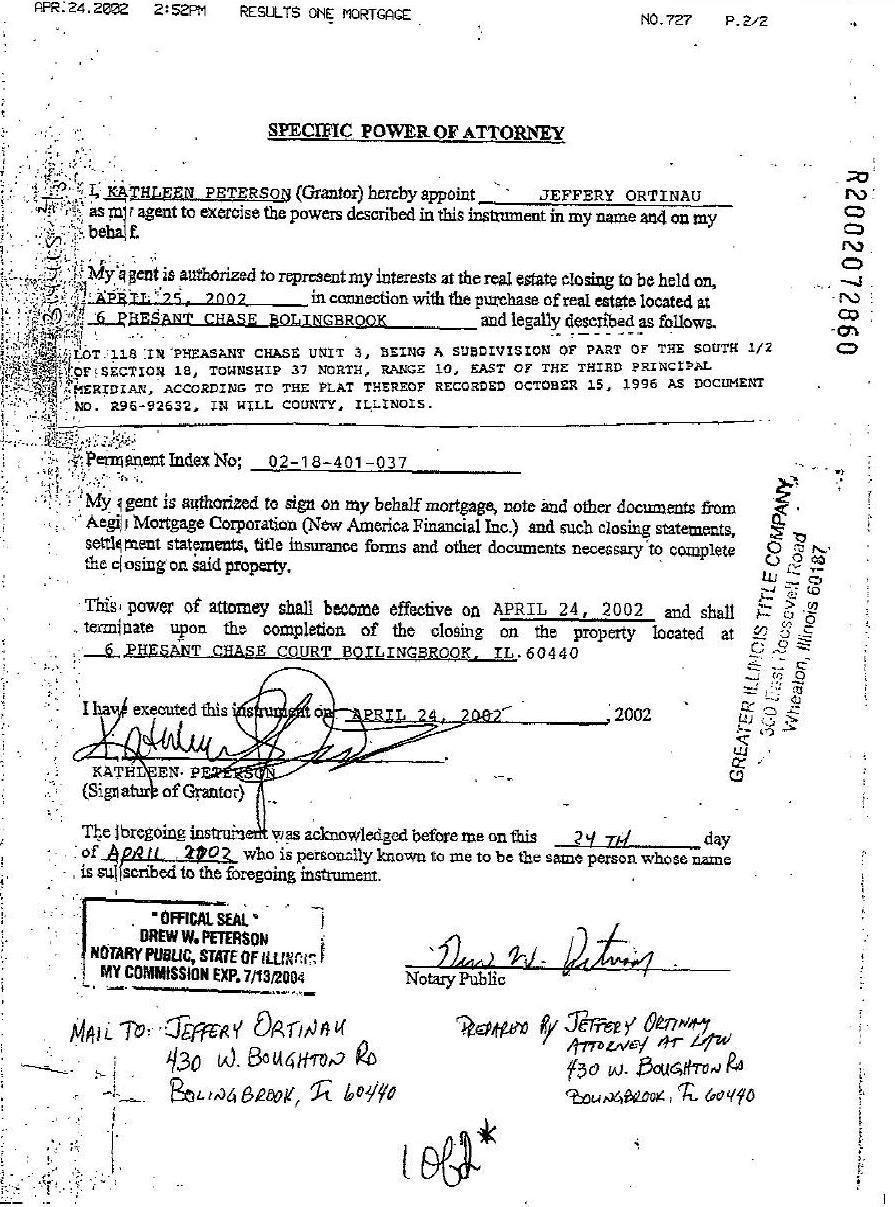
What About a Healthcare Power of Attorney? If the POA includes authority for real estate transactions and is notarized, it may also be recorded in the county office for recording deeds. Using the language in Section 5602 for any power you wish to give your agent will avoid having to set forth the power in detail.Īlthough it is not required, filing a power of attorney in Pennsylvania may be done with the clerk of the Orphan's Court Division of the Court of Common Pleas in the county where the principal resides. You will need to be sure it contains the required Pennsylvania Notice and acknowledgment.Īlso, Sections 56 of the Pennsylvania law indicate and describe various types of powers that may be given to an agent by a POA. Since Pennsylvania does not provide a form, you may wish to modify a generic POA form or one from another state.

The Notice can be found in Title 20 of the Statutes of Pennsylvania Consolidated Statutes, Section 5601 (c), and the acknowledgment can be found in Section 5601 (d). However, Pennsylvania law does provide a notice, and an acknowledgment provision, that must be included at the beginning of any POA. Obtaining a power of attorney in Pennsylvania is not as easy as in some states, because the Pennsylvania legislature has not created a form for a financial power of attorney. How Do You Obtain a Pennsylvania Financial POA? The witness requirements for a power of attorney in Pennsylvania are that a witness must be at least 18 years of age, but may not be the agent or a person who signed the POA on behalf of the principal. If this is done, there must be two adult witnesses to the signature. If the principal is not able to write, he or she may sign by making a mark (such as an "X") or by directing another person to sign on his or her behalf.

What Are the Signing and Witness Requirements?Ī POA in Pennsylvania must be dated, signed by the principal, witnessed by two adults, and notarized. It may also be a springing POA if so provided. Under Pennsylvania law, a POA is durable unless it specifically states otherwise. A POA that only becomes effective if the principal becomes incapacitated is called a "springing" POA (which by its nature is also durable). Traditionally, a POA also became effective immediately upon being signed. A POA that continues after incapacity is called a "durable" POA. Traditionally, a POA ended if the principal became incapacitated. This article was initially published on Maand updated on May 8, 2020.If you live in the Keystone State and plan to create a power of attorney, you need to know the requirements in Pennsylvania.Ī power of attorney (or POA) is a legal document that gives one person (the "agent") the authority to act for another person (the "principal").Ī POA is useful if you can't be present to take care of a financial matter or want someone to take care of your finances or medical treatment in the event you become incapacitated-what Pennsylvania law refers to as disabled or incapacitated. is an employee of a health care facility where you reside who is providing direct care to you or is an officer, director, partner, or business office employee of the health care facility or of any parent organization of the health care facility.įor more information about medical powers of attorney read: What Is A Medical Power of Attorney?.is an employee of your attending physician or.you are related to by blood or marriage.you have designated to make health care treatment decisions on your behalf.Additionally, at least one of the witnesses cannot be someone who: If you decide to sign it in the presence of witnesses, you should know that your witnesses must be competent adults. Likewise, if you sign the medical power of attorney in the presence of a notary, witnesses are not necessary. If you sign the power of attorney in the presence of witnesses, the power of attorney does not require a notary.


In Texas, for a medical power of attorney to be valid, you must either Requirements of a Valid Texas Medical Power of Attorney It allows you to appoint an agent to make medical decisions for you when you are incapable of making decisions for yourself. “Does my Texas medical power of attorney need to be notarized?” they ask.Ī Texas medical power of attorney is an important document. They become concerned that their power of attorney is not valid because it has not been signed in the presence of a notary. Many people have medical powers of attorney that they have signed in the presence of two witnesses.


 0 kommentar(er)
0 kommentar(er)
